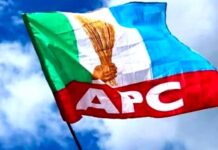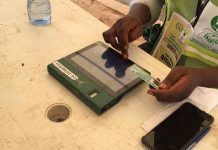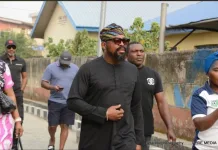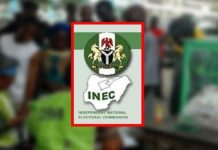The International Election Observation Mission (IEOM) watched the Presidential and National Assembly elections on February 25 and issued their preliminary assessment on February 27.
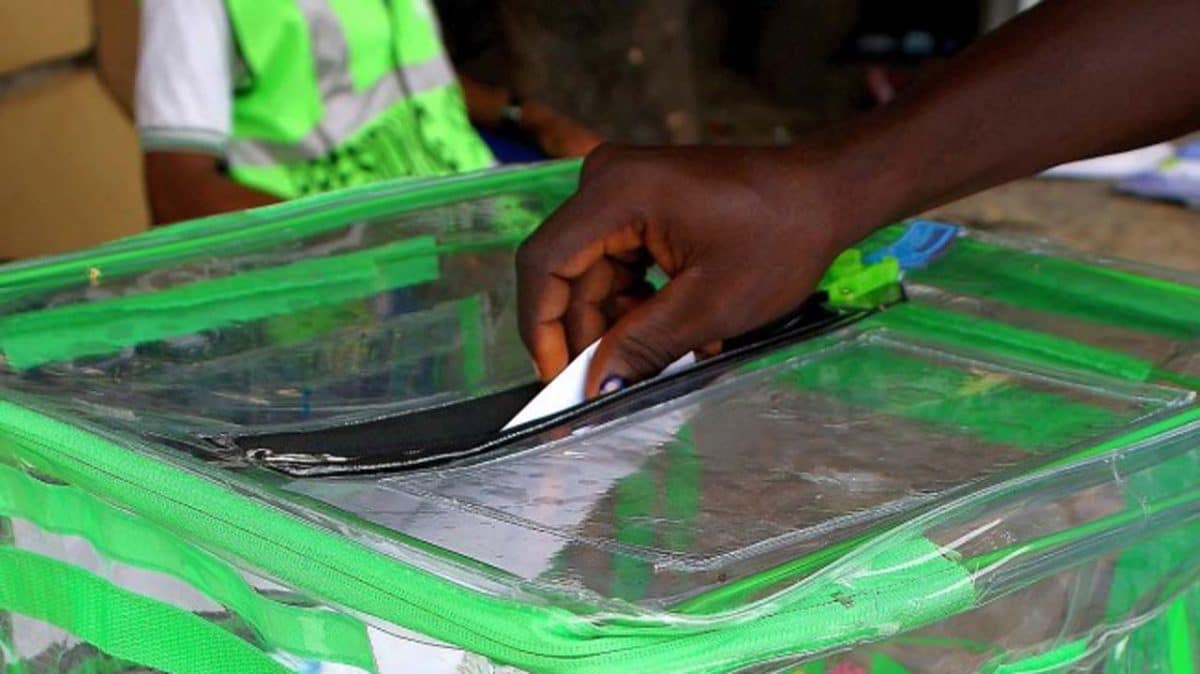
The National Democratic Institute and the International Republican Institute’s joint IEOM on Tuesday, presented their final report on Nigeria’s 2023 general elections.
The expedition was led by Dr Joyce Banda, former President of Malawi, and was funded by the United States Agency for International Development (USAID).
In the report, the Independent National Electoral Commission (INEC) was criticised for “inadequate communication and lack of transparency”.
“Their nature and scope caused uncertainty and undermined voters’ trust in the process”.
Paulina Chavez Alonzo, Press Secretary for the National Democratic Institute (NDI), delivered a harsh judgement, recalling the nationwide exercise.
Read Also: Kylian Mbappe’s Move To Real Madrid Is Finally On
Lowest Citizen Turn Out
According to Alonzo, the “lowest turnout for national contests in Nigeria’s modern democratic history, with only 27% of registered voters participating”.
It acknowledges improvements in election management, advancements in results transparency, and greater presidential race competitiveness.
Despite the high level of youth participation and the overall optimism inspired by the passage of the Electoral Act 2022, the elections “fell short of citizens’ legitimate and reasonable expectations.
INEC experienced serious logistical, technological, and communication difficulties, according to the mission.
The mission was characterised by inflammatory rhetoric from political parties, political violence, and regional differences in electoral integrity.
It declared that incidences of vote rigging and marginalisation of significant demographics had tainted the electoral process and disenfranchised voters.
The report calls on the incoming administration, parliamentarians, INEC, and political parties to demonstrate a true and renewed commitment to improve electoral and democratic processes.
Read Also: Nigeria’s Sovereign Bond Surge After Emefiele’s Suspension
It promoted the battle against corruption and the provision of responsive and trustworthy institutions to Nigerian residents.
“Nigerians must take collective action to combat disenchantment, address lingering political grievances, and restore faith in elections and democracy in general,” adds the final report.
IEOM Calls For Integrity
The IEOM discovered that there is still room to address electoral integrity issues and build on the successes of recent changes.
This can be accomplished via clear political will, good faith, and determined and concerted efforts on the part of Nigerian stakeholders.
Furthermore, Key findings from the pre-election, election day, and post-election phases are in the report.
It makes practical recommendations for Nigerian stakeholders and partners to consider in order to establish a robust and inclusive democracy.
The report is based on data gathered by the delegation between June 2022 and May 2023.
Furthermore, the election day delegation of 40 people went to the polls in 20 states, including the Federal Capital Territory (FCT).
The National Democratic Institute and the International Republican Institute congratulated the Nigerian people for their warm reception of IEOM.
They praised the work of the more than 60 observers who served on the pre-election, election day, and post-election teams.

